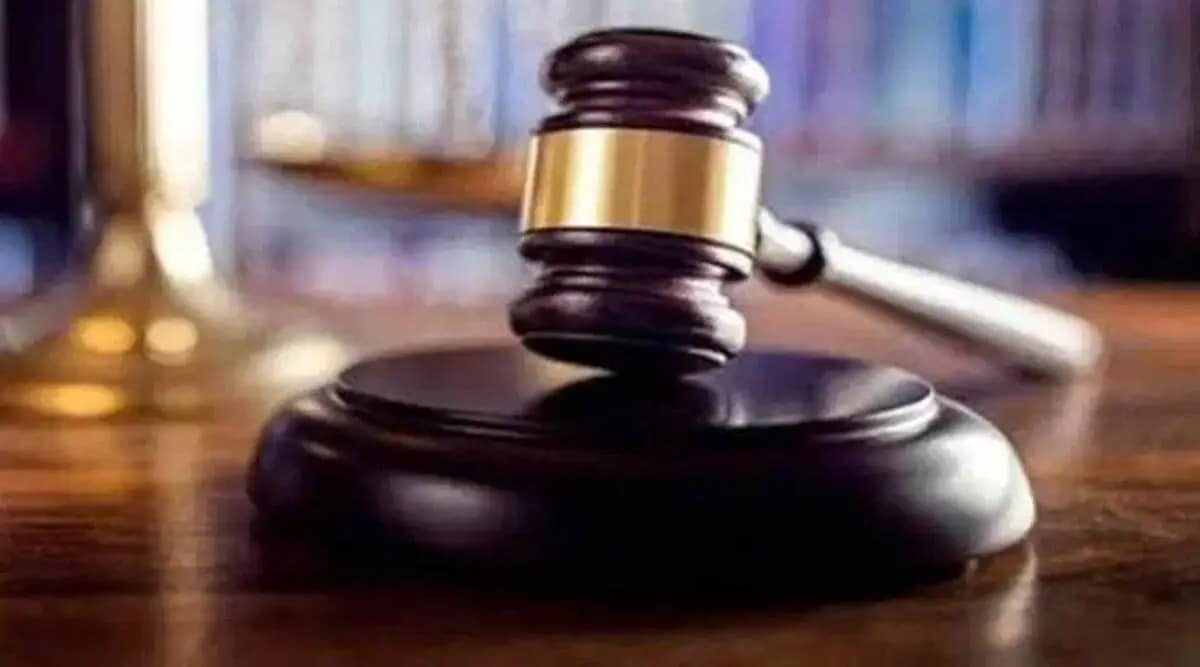 The court said that the accused had connectivity with other accused persons (Representational)
The court said that the accused had connectivity with other accused persons (Representational) A Delhi court has dismissed the bail application of Shifa-Ur-Rehman, president of the Alumni Association of Jamia Millia Islamia University (AAJMI), in a UAPA case filed in connection with the 2020 Northeast Delhi riots.
Dismissing the bail plea, Additional Sessions Judge Amitabh Rawat noted that on perusal of the chargesheet and accompanying documents, for the limited purpose of bail, he was of the opinion that the allegations against the accused are prima facie true.
The court relied on multiple protected witnesses’ statements, including one statement which claimed that Rehman gave money to one person saying that it was a contribution for the riots.
“Fake bills of the expenses in the name of AAJMI were seized at the instance of accused Shifa-Ur-Rehman. This shows that the accused had tried to cover up his mistakes,” the court said.
It said that a broad reading of all statements brings out the role of Rehman in the context of conspiracy and riots. “At this stage of bail, the statements of all witnesses have to be taken at face value and their veracity will be tested at the time of cross-examination,” the court said.
The court said that the accused had connectivity with other accused persons like former JNU student Umar Khalid (member of DPSG, MSJ & UAH), and other activists like Meeran Haider (JCC), Safoora Zargar (JCC) and Asif Iqbal Tanha.
“Accused persons have connectivity with each other and cumulative role of all the accused persons is also necessary to be seen to comprehend the entire structure and the conspiracy as stated in the chargesheet,” the court said.
Rehman’s lawyer argued that he had never advocated violence and there is no message or speech of the accused advocating violence. Special Public Prosecutor Amit Prasad opposed the bail, stating that there is sufficient material on record to establish that the accusation against the accused is prima facie true.
- The Indian Express website has been rated GREEN for its credibility and trustworthiness by Newsguard, a global service that rates news sources for their journalistic standards.

